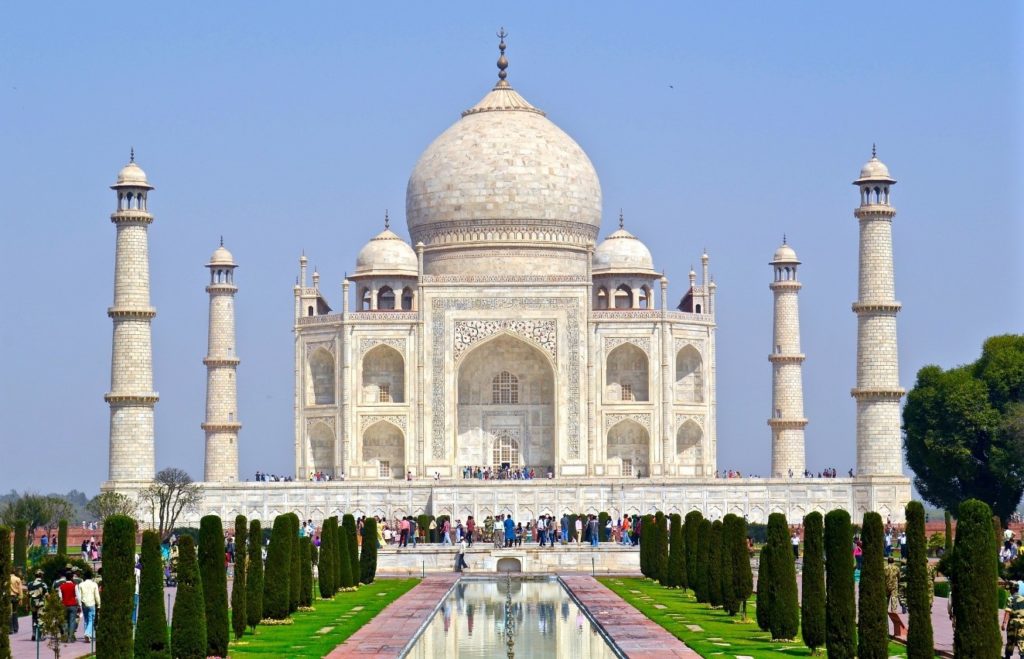 AGRA, UTTAR PRADESH – The Taj Mahal has long been synonymous with India. It has been the nation’s number one tourist attraction, attracting millions of visitors and generating an average of $4 million USD revenue per year for the government.
AGRA, UTTAR PRADESH – The Taj Mahal has long been synonymous with India. It has been the nation’s number one tourist attraction, attracting millions of visitors and generating an average of $4 million USD revenue per year for the government.
It is now possible that the site may lose its international status as the spirit of nationalism continues to surge within the country.
Americans generally have difficulty understanding nationalism because we are a melting pot country where people of many different cultures are united in a spirit of patriotism that celebrates the freedom to continue to be different.
Nationalism differs from patriotism in that it seeks to maintain a country’s historic culture without admixture. Nationalism might be described as a return to a country’s cultural roots. Either by policy or peers, “other cultural” objects, symbols, organizations, and people encounter pressure to adapt to the local culture.
There are now indications that the Taj Mahal might become a victim of Indian nationalism. There are factions that want to rename the monument. There are others that advocate renaming it. In fact, the latest brochure published by the Uttar Pradesh Tourism Department does not include its number one – and the nation’s number one – tourist site.
But, why?
Because the Taj Mahal was not built by an Indian, but by a Muslim. Hindu nationalists claim that any Muslim monument is “a hindrance to the Hindu glory.” Some claim that the Taj Mahal and other similar sites had originally been Hindu sites that were destroyed and rebuilt by Muslim Mughals over the period from the 16th to the 19th century. The tourism brochure lists Hindu temples as tourist destinations but excludes the Taj Mahal.
The internationally famous monument has suffered several incidents of vandalism allegedly perpetrated by extremist supporters of nationalism. This could be a portent of things to come. However, BJP MLA is attempting to temper the issue by suggesting that the site simply be renamed “to give the monument an Indian identity.”
His position is that these sites have been built on Indian soil, so they are a part of the culture. However, he also holds to the position that “These words (names of roads and monuments) are an insult to the self-respect of those who have contributed to the Indian social, democratic system for years.” To which he raises the question, “Do we not have icons enough to name our roads and monuments after them?”
The Minister of Tourism has said that Uttar Pradesh is “committed” to “the development of Taj Mahal” as one of the priorities of the Central and State governments.”
The ultimate outcome remains to be seen. It should be certainly clear that whether a spirit of patriotism or a spirit of nationalism is most popular in any country, each has its own set of difficulties that it must face maintaining its tenets whilst, at the same time, maintaining the welfare of the populace and the economy.
Sources:
- Religion News Service, Taj Mahal’s attackers dispute site’s Muslim origins
- The Hindu, Taj Mahal missing in U.P. tourism booklet
- The Indian Express, Give Taj an Indian identity… rename it Ram or Krishna Mahal: BJP MLA Surendra Singh
- The Economic Times, Taj Mahal may not be up for adoption soon




